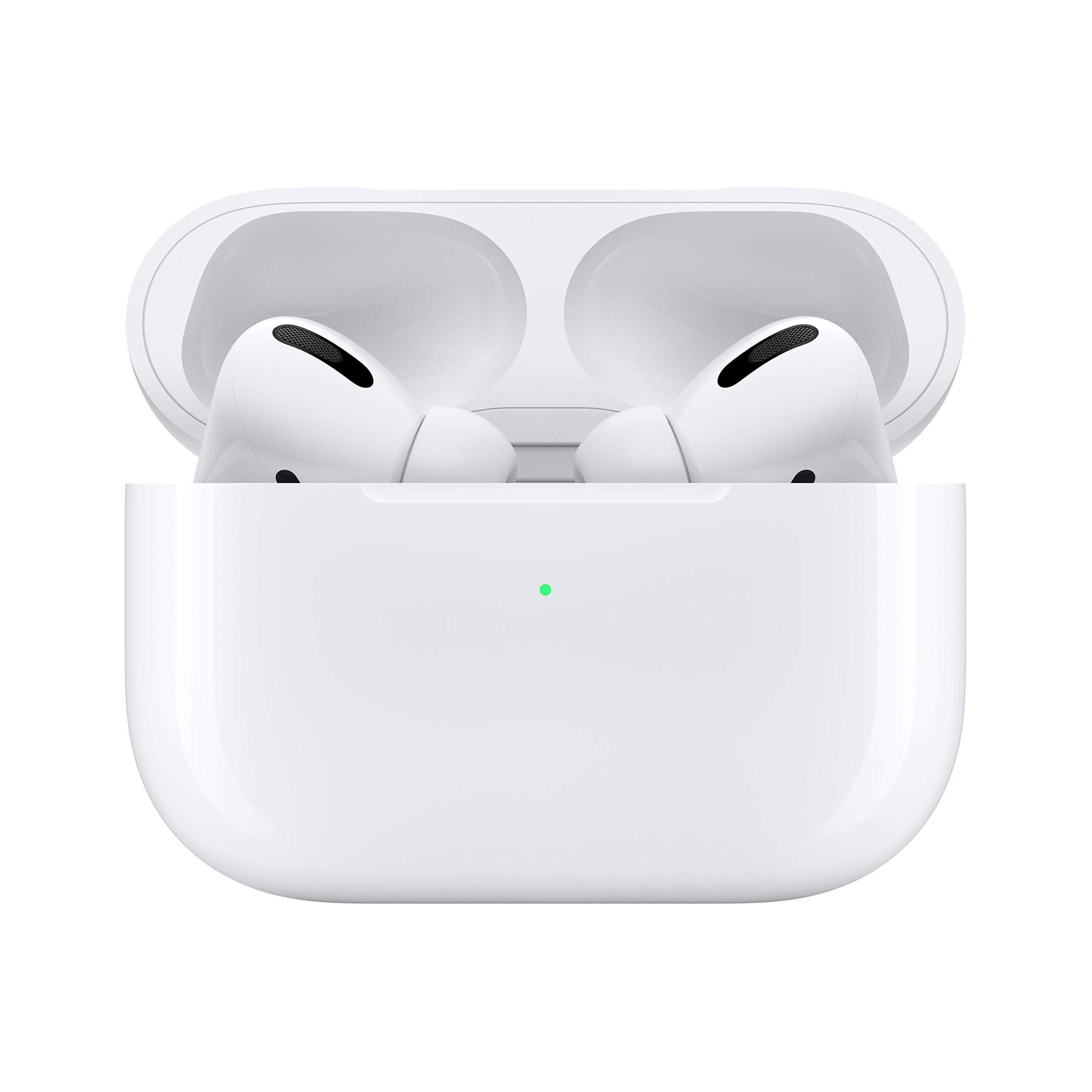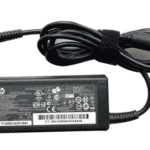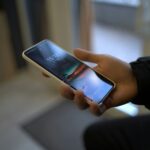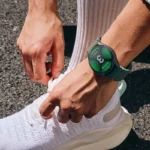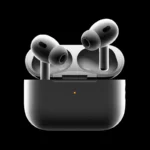Apple recently received FDA approval to transform its AirPods Pro 2 into over-the-counter hearing aids through a software update. This new feature will help millions of Americans with mild to moderate hearing loss who could benefit from hearing assistance but don’t currently use hearing aids. The update was announced at Apple’s “It’s Glowtime” event and marks a significant step forward in making hearing technology more accessible.
The hearing aid functionality works with AirPods Pro 2 paired with compatible iPhones or iPads running iOS 18 or later. Users aged 18 and older can take a hearing test directly through their devices and have the AirPods automatically adjusted to their specific hearing needs. This integration leverages the advanced audio capabilities already built into the AirPods Pro 2.
According to the World Health Organization, hearing loss affects about 1.5 billion people globally, including a quarter of people over 60. Studies show that hearing aids can significantly reduce the risk of dementia, yet only one in six American adults with hearing loss currently uses them. Apple’s approach could help bridge this gap by offering a familiar, stigma-free alternative to traditional hearing aids.
✅ What Happened
In August 2024, the U.S. Food and Drug Administration (FDA) officially authorized Apple’s Hearing Aid Feature (HAF) software, which allows AirPods Pro 2 to function as OTC hearing aids (sources: FDA, CBS News).
This makes AirPods Pro 2 the first earbuds approved by the FDA to double as hearing aids, a major milestone in consumer health tech.
🩺 Why This Matters
- Accessibility: Hearing aids are often expensive ($1,000–$5,000). AirPods Pro 2 cost around $250, making them a much more affordable option.
- Adoption: Only about 1 in 6 adults with hearing loss currently use hearing aids. AirPods could encourage more people to seek help.
- Convenience: Many people already use AirPods daily, so adding hearing aid functionality reduces stigma and increases comfort.
⚙️ How It Works
- Software Update
- Apple will roll out a software update enabling the Hearing Aid Feature (HAF).
- Works with AirPods Pro 2 (Lightning and USB‑C versions).
- Hearing Assessment
- Users can take a hearing test through the iPhone’s Health app.
- The AirPods then personalize amplification based on the test results.
- Real‑World Use
- AirPods will amplify voices and reduce background noise.
- Users can adjust settings in Control Center or the Settings app.
📲 How to Set It Up (Once Available)
- Update your iPhone to the latest iOS.
- Update your AirPods Pro 2 firmware.
- Go to Settings > Accessibility > Hearing Devices.
- Pair AirPods Pro 2 and enable Hearing Aid Feature.
- Complete the hearing test in the Health app.
🔍 Key Limitations
- Only available on AirPods Pro 2 (not other AirPods models).
- Intended for mild to moderate hearing loss, not severe cases.
- Not a replacement for professional medical evaluation.
🚀 The Bigger Picture
Apple’s move could disrupt the hearing aid industry:
- Affordability: At ~$250, AirPods Pro 2 are among the cheapest FDA‑cleared hearing aids.
- Mainstream adoption: Blurs the line between consumer tech and medical devices.
- Future potential: Apple may expand hearing health features across its ecosystem (e.g., Apple Watch + Health app integration).
✅ Summary:
Apple’s AirPods Pro 2 are now FDA‑approved to function as over‑the‑counter hearing aids via a software update. This breakthrough makes hearing support more affordable, accessible, and discreet, potentially transforming how millions manage hearing loss.
Key Takeaways
- AirPods Pro 2 can now function as FDA-approved over-the-counter hearing aids through a software update.
- The feature includes a built-in hearing test that customizes sound enhancement for individual hearing needs.
- This technology makes hearing assistance more accessible to the millions of Americans with mild to moderate hearing loss.
Legal and Regulatory Aspects of Apple’s Hearing Aid Functionality
Apple’s path to offering hearing aid functionality in AirPods involves navigating complex regulatory frameworks and meeting strict medical device standards. The company has secured key approvals that allow them to enter the hearing health market with their popular consumer electronics.
FDA Approval and OTC Hearing Aid Classification
In September 2024, the FDA approved Apple AirPods Pro 2 to function as over-the-counter (OTC) hearing aids through a software update. This landmark decision makes AirPods Pro 2 the first mainstream consumer audio product to receive such classification.
The approval follows the FDA’s 2022 creation of the OTC hearing aid category, which aimed to increase accessibility to hearing assistance technology without requiring medical exams or prescriptions. Dr. Michelle Tarver of the FDA’s Center for Devices noted that this approval represents a significant step toward making hearing technology more accessible and affordable.
AirPods Pro 2 will be priced at $249, substantially less than traditional hearing aids, which often cost thousands of dollars. This price point could help address the fact that only 1 in 6 American adults with hearing loss currently uses hearing aids.
Intellectual Property and Licensing Considerations
Apple has developed proprietary algorithms and technologies for their hearing aid functionality, protected by numerous patents. These innovations include noise reduction systems, directional microphone technology, and audiogram-based sound customization.
The company appears to have developed their hearing solutions in-house rather than licensing technology from established hearing aid manufacturers. This approach gives Apple complete control over their hearing health ecosystem while potentially limiting compatibility with third-party hearing assessment tools.
Apple must also comply with regional regulations beyond the US. For example, Health Canada approved the AirPods Pro 2 hearing test and hearing aid features in December 2023, though provincial restrictions still apply in some areas.
This independent approach marks a significant shift in the hearing aid industry, where established medical device companies have traditionally dominated the market.
Technological Integration in AirPods
AirPods Pro 2 feature advanced technology that enables them to function as FDA-approved hearing aids. These earbuds combine existing audio capabilities with new software features to help people with mild to moderate hearing loss.
Building Hearing Aid Capabilities into AirPods Pro
AirPods Pro 2 already contain technology similar to hearing aids, such as noise cancellation, adaptive audio, and spatial awareness. These features provide a solid foundation for hearing assistance.
The transition to hearing aid functionality happens through software updates rather than hardware changes. This makes the process seamless for existing owners.
Users will be able to take a hearing test directly through their AirPods. The test creates an audiogram that measures hearing ability across different frequencies.
The system then customizes sound amplification based on individual needs. Users can adjust settings like tone and volume to match their specific hearing profile.
Key Technologies in AirPods Pro 2 Hearing Aid Feature:
- Directional microphones
- Advanced signal processing
- Real-time sound adjustments
- Background noise filtering
- Custom amplification
Expanding Accessibility and User Control via iOS
iOS 18 introduces dedicated hearing aid controls for AirPods Pro in the Health app and Control Center. Users can access their audiogram results and adjust settings without visiting an audiologist.
The self-fitting strategy lets users customize their hearing experience independently. This represents a major advance in accessibility technology.
Bluetooth connectivity allows AirPods to work seamlessly with iPhones and iPads. Users can switch between normal listening and hearing aid mode quickly.
The Control Center includes shortcuts for hearing functions. This makes adjustments fast and intuitive during daily use.
Apple’s approach democratizes hearing assistance by integrating it into everyday devices. This potentially helps millions who might not otherwise use traditional hearing aids due to cost or stigma.

